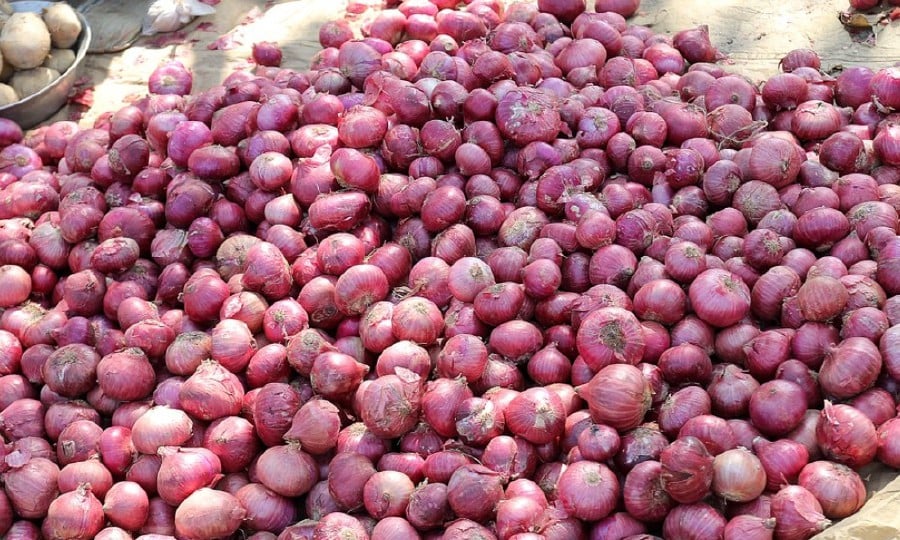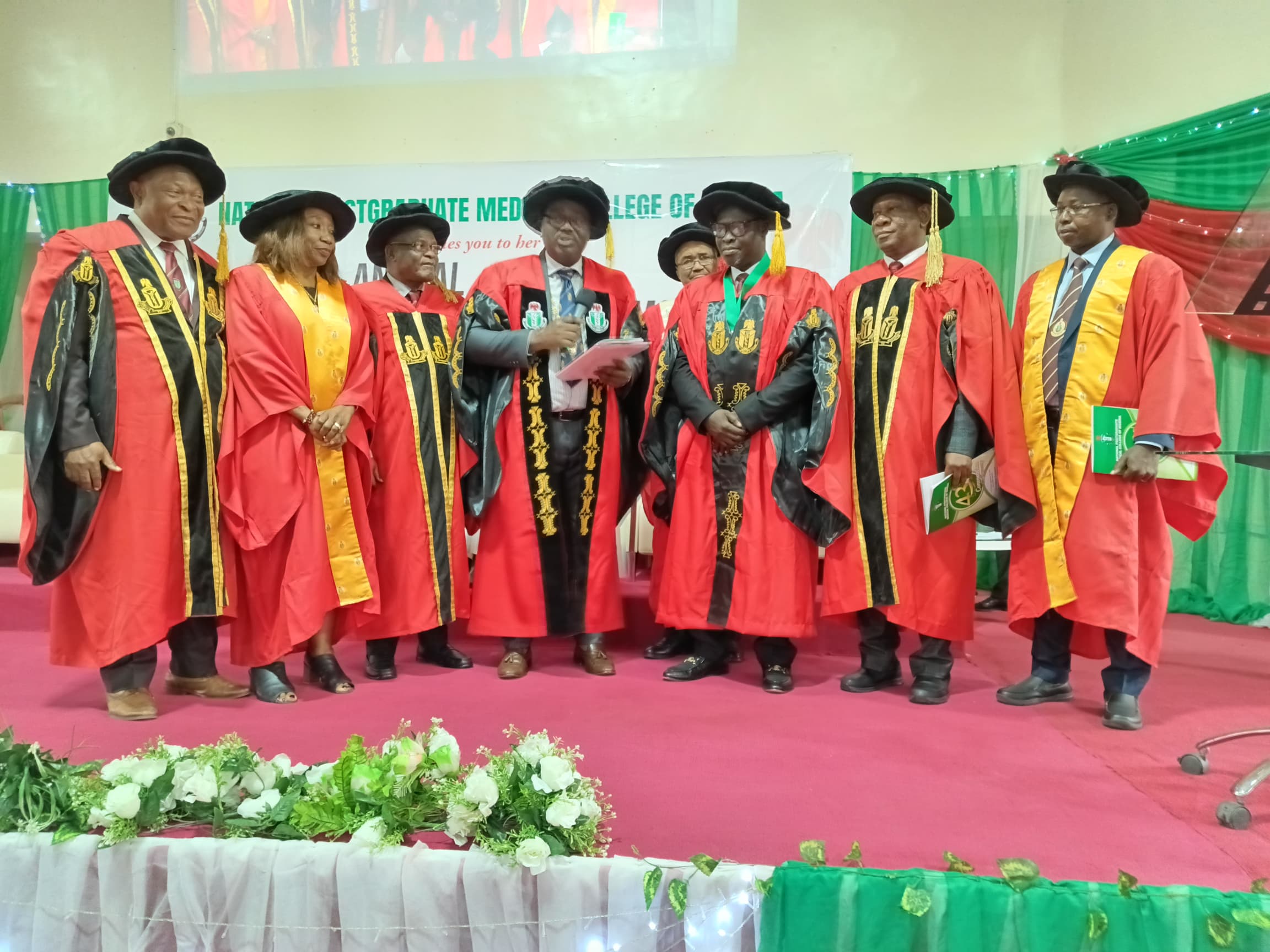Onion Farmers Lose 50% Annual Yield to Poor Storages, Threatens Food Security – National President Reveals

By Fatima Saka
The National President of Onion Stakeholders in Nigeria, West and Central Africa, Aliyu Maitasamu, has raised alarm over the massive post-harvest losses suffered by onion farmers due to lack of modern storage facilities, warning that the situation threatens food security and farmer livelihoods nationwide.
Speaking on Monday at a one-day public hearing organised by the Senate Committee on Agricultural Production, Services and Rural Development, Maitasamu said Nigeria produces over 2.1 million metric tons of onions annually, yet more than half of this quantity is lost because of inadequate storage infrastructure.
The public hearing focused on three key agricultural bills: the Cassava Flour (Mandatory Inclusion into Flour Production) (Establishment) Bill, 2023; the National Food Reserve Agency (Establishment) Bill, 2023; and the Rice Development Council of Nigeria (Establishment) Bill, 2024. Although none of the bills directly address onion production or storage, Maitasamu appealed to lawmakers to extend legislative support to the onion value chain through policies that will provide modern storage facilities and reduce wastage.
“We produce more than 2.1 million metric tons of onions every year in Nigeria, but we lose over 50 percent due to lack of modern storage. These losses are painful — not just in terms of wasted crops, but in terms of farmers’ labour, investment, and national economic setback,” he said.
He explained that most farmers in onion-producing states such as Kano, Sokoto, Kebbi, Jigawa, and Plateau cannot afford post-harvest storage options and are often forced to watch their produce rot or sell at extremely low prices.
READ ALSO: COP30: SPP Convenes African Climate Stakeholders to Chart Path for Ambitious NDCs Implementation
Coalition submits unified cassava industrialisation policy framework to Senate
“This year alone, many farmers could not even afford to pay labourers to harvest their onions. They had to abandon them on the farm because the value had dropped so badly. Government cannot continue to encourage farmers to produce without providing preservation solutions,” he added.
Maitasamu said the establishment of modern storage facilities would significantly reduce





